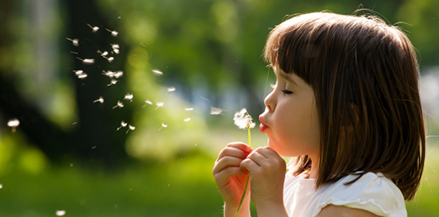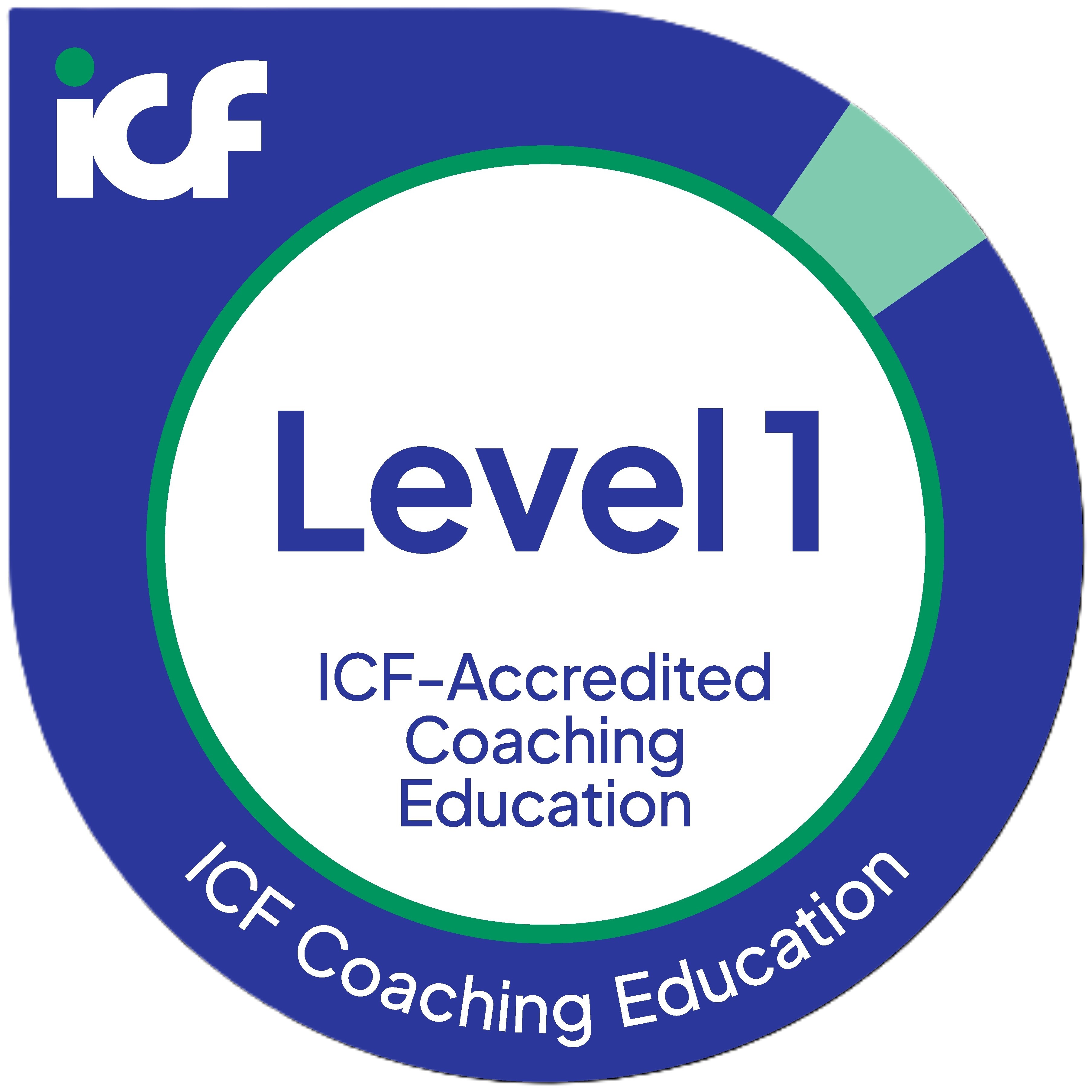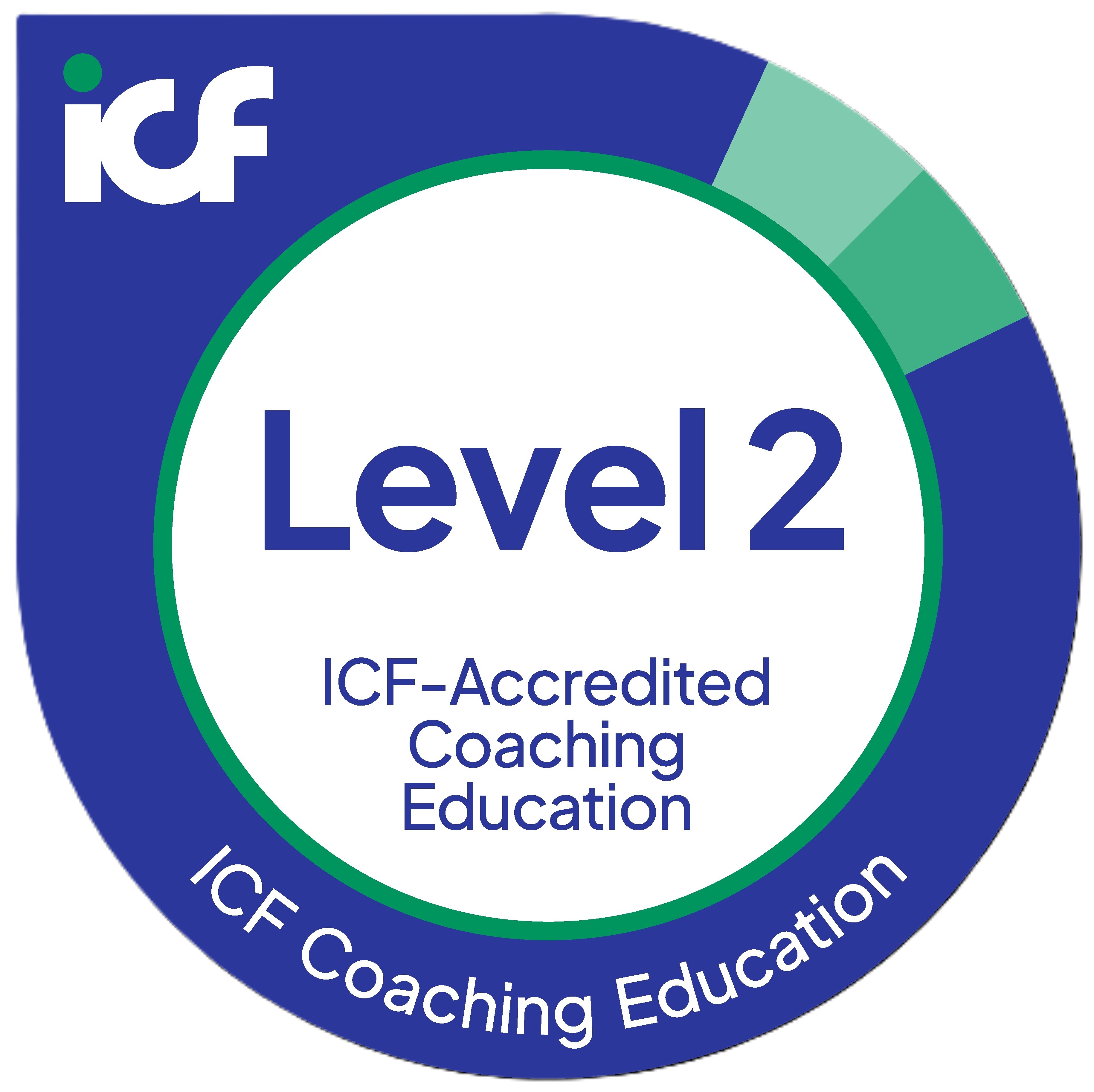
By: Lillian Mills
Have you noticed how coaches can make a difference whenever and wherever they show up? As coaches, we have the opportunity to have a positive influence in all walks of life and with all age groups. In the 13 years I’ve been coaching, my experience has run the gamut of a 4 year old to an 83 year old and all ages in between. In our world of uncertainty and strife, every connection with someone presents a possibility for goodness, even a little magic.
That said, let’s look at a little of that magic. While I am always seeking to improve my coaching skills, I’ve also been studying Positive Psychology. This has added another dimension to my coaching. (Stay with me, I am getting to the juice of this article.)
My two grandchildren have the extreme good fortune to go to an independent school which includes Kindergarden through Grade 8. Their school is founded on developing good character along with academics. The school motto is Respect, Manners, Try Your Best. The students’ family members are welcomed to visit or participate in the school activities.
I had an opportunity to meet with the directors about using a coach approach to introduce some strategies for both staff and students to increase well-being. My ideas were well received and passed on to the staff. I was invited to visit the sixth grade, third grade and senior Kindergarden classes.
The Kindergarden teachers wanted the focus on conflict resolution. Clearly, no age group squeaks by without its issues. I gave the children a scenario and used powerful questioning to elicit conversation and ideas for solutions. They came up with practical (and the odd impractical), doable strategies for when squabbles arose. Just as we trust our clients to have their own solutions, very young children do, as well.
Kindness was the entire school’s theme for the term. In keeping with that theme, the second half of my work with the kids was creating a kindness garden. Whenever one of the children did a kindness his/her name was put on a flower and placed on a poster representing a garden. They loved the idea and couldn’t wait to earn a flower.
The sixth grades had been working on units about disability and happiness. I had been invited at that time to talk about happiness and disability since I am blind. The discussion went beyond disability to diversity, inclusivity, respect. It was powerful questioning that generated exciting conversations which led to broader awareness and new insights.
Before I met with the class, the teacher and I had reviewed what I would be doing. She wanted me to introduce as part of the happiness portion, an exercise known as the 3 good things. At the end of each day, the students, including the teacher, were to record 3 good things that happened throughout the day. They were to be creative with their recordings. Some did journals, some made posters. This was a month long exercise. When I checked in at the end of the month, the students reported being happier and more relaxed. The teacher was so thrilled telling me how the entire dynamic of her family changed for increased well being.
As we move on to the third grade, please note these workshops were spread out throughout the term and not all in one day. Continuing with the school’s kindness theme, part of the time with the third graders was discussing kindness. This was followed up with a couple of kindness activities which included a pay it forward challenge. The children were so responsive and full of fun it made for a joyful experience all around.
Here is a little more of the aforementioned magic. Still using a coach approach, an amazing discussion about active listening took place. The children had a real grasp on the importance of listening, how it feels when someone is truly listening, how it feels when someone does not listen, how we all need to be heard .
We did an exercise with a couple of volunteers. One of the children was the speaker who was to talk for a few minutes on the topic of her choice. The other was the listener. As the listener she was to listen and not say anything while the other girl spoke. Then the listener was asked to repeat the speaker’s exact words as best she could. Remarkably she repeated verbatim what had been said. I asked the girl who did the talking how it felt to hear her own words reflected back. She said she felt happy, important and good about herself. Then, I asked the listener what it was like for her. This 8 year-old’s precise words, which could be the first rule of active listening, were: “You have to look at the person. You have to focus your brain and you can’t think about anything else.”
I feel blessed to be returning for a third consecutive year to both collaborate and journey with the students. Getting to know these young people, hearing the depth of their thoughts and ideas, gives hope for the future. It bears repeating that we never know where or when an opportunity will present itself in which our coaching skills can make all the difference.
Finally, I want to say how grateful I am to have received my coach training with ILCT, as well as joining the faculty. I don’t know of a finer, more comprehensive coach training program or higher quality staff and faculty anywhere.





